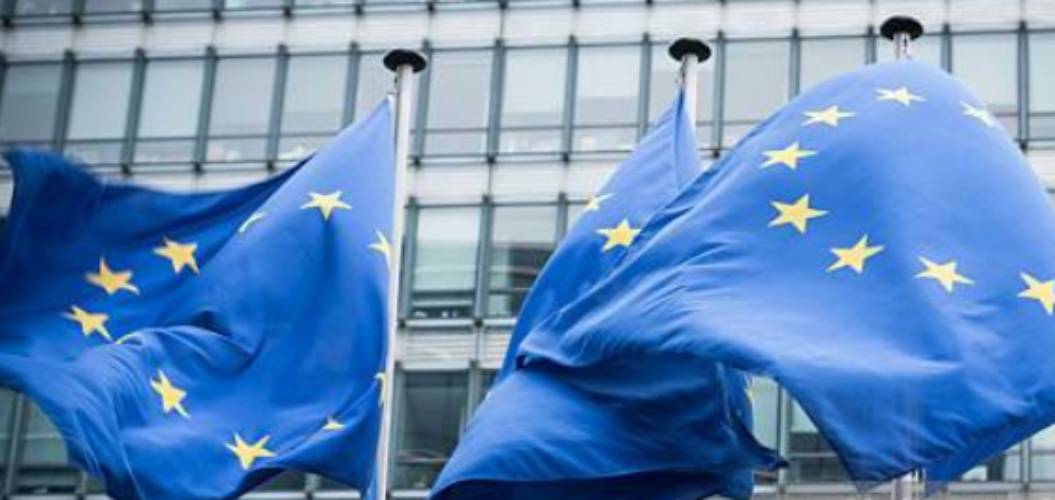
France, Germany and Italy backed an EU threat to tighten COVID-19 vaccine exports as rifts over scarcity of the shots deepened and the 27-nation bloc struggled to obtain more deliveries.
The European Commission threatened on Wednesday to ban exports to countries like Britain that have higher vaccination rates but do not export shots to the EU. The aim is to safeguard supplies for the bloc’s own citizens as they face a third wave of the pandemic.
Germany, Italy, France and Denmark were among those supporting tougher export controls, according to three diplomats and officials who attended an EU ambassadors’ meeting shortly after the Commission’s threat.
But, in a sign of discord, the Netherlands, Belgium, Luxembourg and Ireland were more cautious, two of the officials said, adding that a discussion on the matter will be held at an EU summit next week.
Vaccine producer AstraZeneca has attracted a good deal of criticism in the EU, which says it is not meeting its supply obligations.
“It’s all stemming from a growing frustration with AstraZeneca and being under increased pressure to do something about it. We don’t have enough vaccines, we export like crazy without getting anything,” said one of the diplomats who participated in the discussions.
The Commission said on Thursday it was sending a letter to AstraZeneca in what could be the first step in a legal fight against the Anglo-Swedish firm.
The company said last week it aimed to deliver to the EU 100 million doses of its vaccine by the end of June, instead of 300 million envisaged under its EU contract, citing production problems and export restrictions.
Separately, six EU countries including Latvia, Bulgaria and the Czech Republic demanded that the bloc reallocate the vaccines it is buying collectively to make up for their shortfalls in shots from AstraZeneca.
They hope to agree a “correction mechanism” to the usual distribution scheme based on the size of every country’s population, in order to get a larger share of 10 million extra doses promised by Pfizer for the second quarter.
Without extra deliveries, they say their reliance on AstraZeneca means they would fall further behind the rest of the EU on vaccination as the bloc struggles to meet its target of inoculating 70 per cent adults this summer.
But Germany, Sweden, Denmark, Luxembourg and others pushed back, diplomatic sources said, saying eastern European states have themselves to blame for banking on the cheaper AstraZeneca vaccine in the first place, and that reducing deliveries at home to give them more doses would be a hard political sell.




No comments :
Post a Comment